
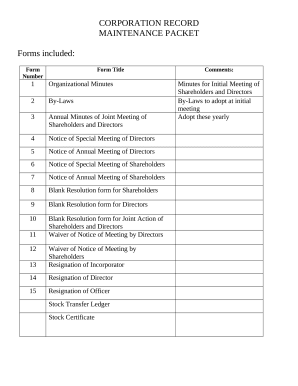

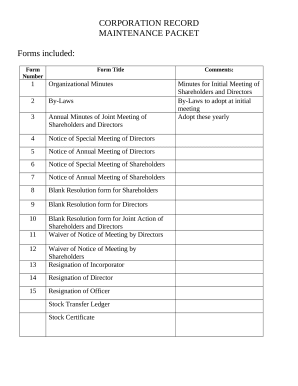
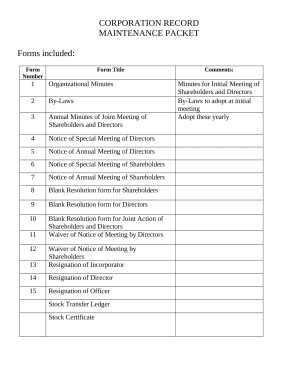



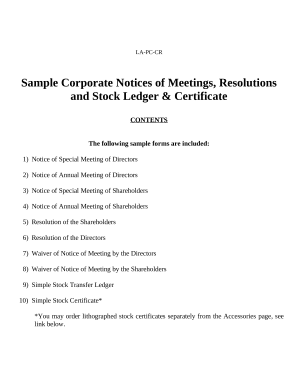
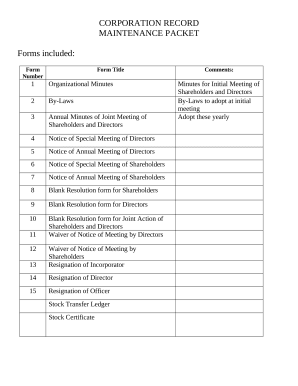
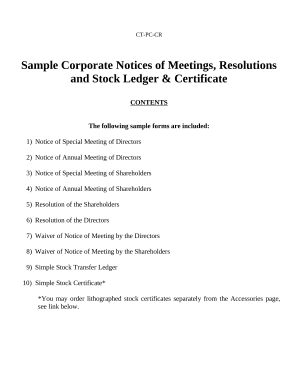
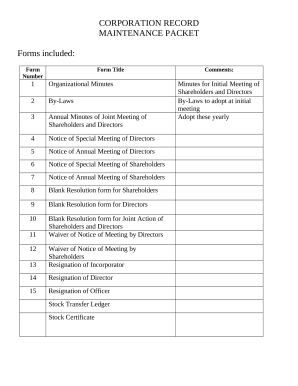
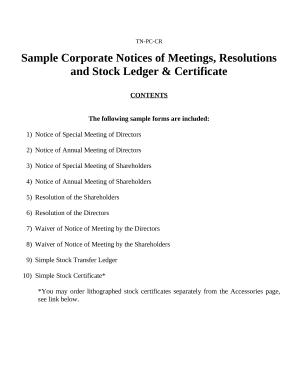
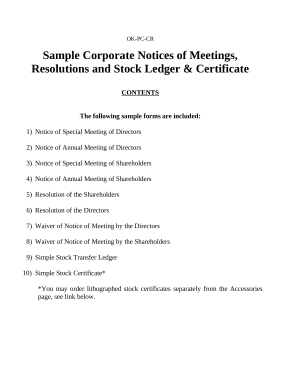
Record management takes up to half of your business hours. With DocHub, it is simple to reclaim your office time and increase your team's productivity. Get Corporate Record Keeping Forms online library and explore all form templates related to your day-to-day workflows.
Easily use Corporate Record Keeping Forms:
Improve your day-to-day document management with our Corporate Record Keeping Forms. Get your free DocHub account right now to discover all templates.